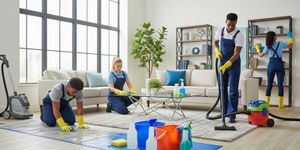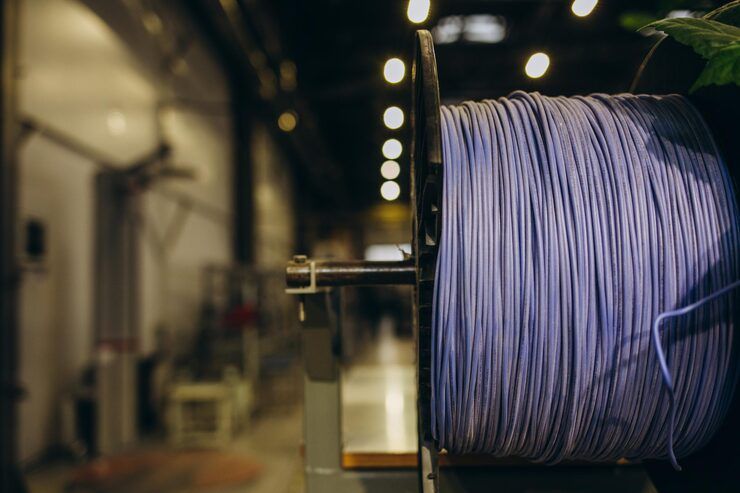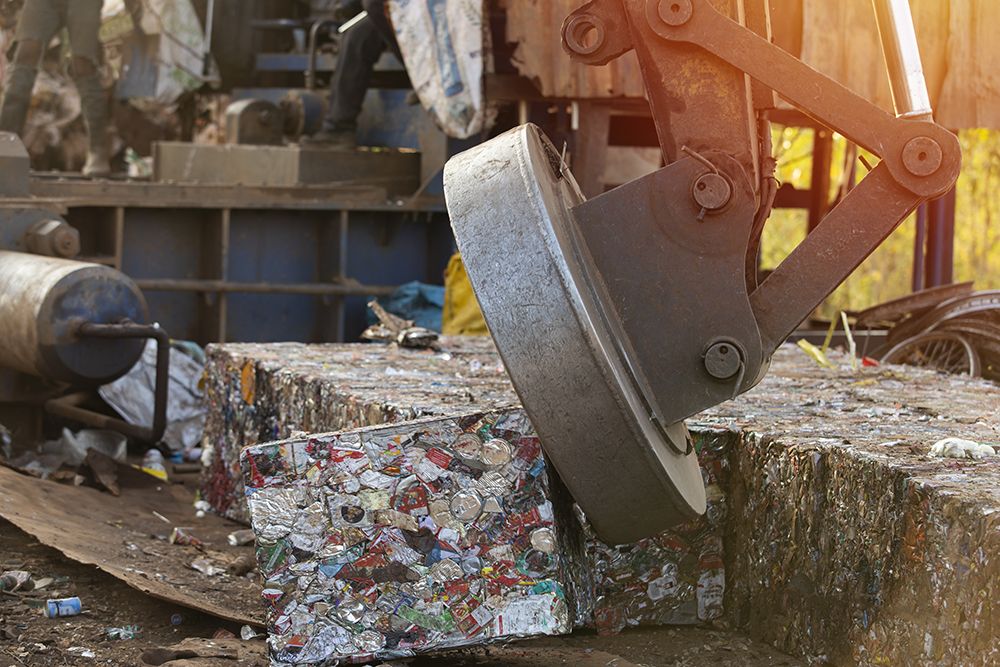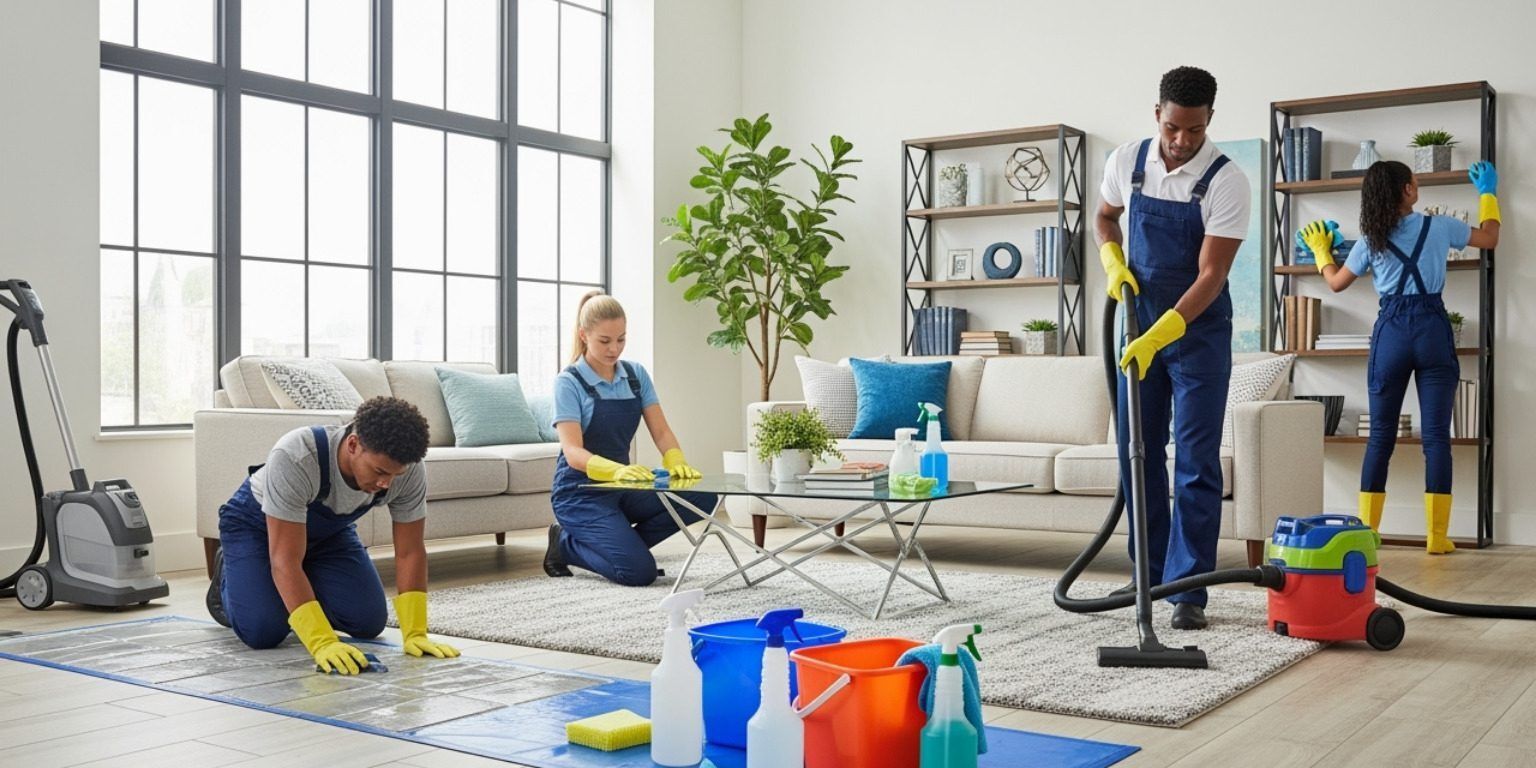Introduction to Home Cleaning: Insights, Advice, and Useful Information
Home cleaning is a fundamental aspect of maintaining a healthy, comfortable, and organized living environment. It goes beyond aesthetics, influencing physical health, mental well-being, and overall quality of life. Modern home cleaning practices combine traditional methods with innovative tools and technologies, reflecting both lifestyle changes and growing awareness of hygiene. This guide provides practical insights, advice, recent trends, regulations, and resources to help households adopt effective cleaning strategies.
Home cleaning includes activities such as dusting, vacuuming, mopping, sanitizing surfaces, laundry, and decluttering. These tasks help reduce allergens, prevent pest infestations, and create a pleasant living space. Over the past decade, there has been an increased focus on eco-friendly cleaning solutions, automation, and preventive maintenance, which not only save time but also contribute to environmental sustainability.
Modern cleaning tools like robotic vacuum cleaners, microfiber cloths, steam mops, and high-efficiency air purifiers have transformed how households manage cleanliness. In addition, there is growing interest in natural cleaning solutions using ingredients such as vinegar, baking soda, and essential oils, reducing exposure to harsh chemicals.
Why Home Cleaning Matters Today
Maintaining a clean home is important for multiple reasons:
-
Health Benefits: Regular cleaning reduces allergens, dust mites, mold, and bacteria that can trigger respiratory issues, infections, and allergies.
-
Mental Well-being: Cluttered and dirty spaces can contribute to stress and anxiety, while organized and clean homes promote calmness and focus.
-
Safety: Removing hazards such as slippery surfaces, loose objects, and pest infestations prevents accidents and injuries.
-
Longevity of Home Assets: Proper cleaning and maintenance extend the life of furniture, appliances, flooring, and other household items.
Increasing urbanization and the rise of dual-income households have made efficient home cleaning more important than ever, with time-saving solutions and automation becoming highly relevant.
Recent Trends in Home Cleaning
Recent developments have shaped home cleaning practices significantly:
-
Technology Integration: Robotic cleaners, automated mops, and smart air purifiers are becoming mainstream in households.
-
Eco-Friendly Practices: Demand for biodegradable detergents, reusable cleaning cloths, and chemical-free solutions has surged.
-
Health-Focused Cleaning: Disinfection and sanitization practices have gained prominence, particularly in the wake of global health events in 2020–2025.
-
Subscription-Based Cleaning Products: Some households now subscribe to monthly deliveries of cleaning supplies tailored for specific needs.
These trends highlight the shift toward efficiency, sustainability, and health-conscious cleaning.
Regulations and Guidelines
In many countries, including India, there are certain regulations and guidelines that indirectly affect home cleaning practices:
-
Waste Management Rules: Proper segregation and disposal of household waste, including recyclables, is mandated under municipal guidelines.
-
Chemical Use Regulations: Restrictions exist on the sale and use of certain cleaning chemicals to prevent environmental harm.
-
Public Health Initiatives: Government campaigns often emphasize household cleanliness to prevent disease outbreaks, such as dengue or malaria.
Adhering to these rules not only ensures compliance but also promotes safe and sustainable cleaning practices.
Tools and Resources
Several tools and resources can help streamline home cleaning:
-
Cleaning Tools: Vacuum cleaners, microfiber cloths, steam mops, brushes, dusters, and robotic cleaners.
-
Natural Cleaning Solutions: Vinegar, baking soda, lemon juice, essential oils.
-
Digital Apps: Cleaning schedule apps, reminder tools, and checklists to organize tasks.
-
Templates: Printable cleaning planners and logs to track daily, weekly, and monthly chores.
Using the right combination of tools and resources makes home cleaning efficient, systematic, and less time-consuming.
Effective Cleaning Practices
Adopting practical cleaning practices can make a significant difference:
-
Declutter Regularly: Remove unused items and organize storage spaces.
-
Prioritize High-Traffic Areas: Focus on kitchens, bathrooms, and living spaces.
-
Use Eco-Friendly Products: Minimize chemical exposure by choosing biodegradable solutions.
-
Implement a Cleaning Schedule: Daily, weekly, and monthly tasks ensure consistent hygiene.
-
Disinfect Frequently Touched Surfaces: Handles, switches, and countertops should be sanitized regularly.
Table: Suggested Home Cleaning Schedule
| Frequency | Tasks |
|---|---|
| Daily | Wipe countertops, sweep kitchen and living room, make beds |
| Weekly | Mop floors, clean bathrooms, dust surfaces, vacuum carpets |
| Monthly | Deep clean appliances, clean windows, organize storage |
| Quarterly | Wash curtains, clean behind furniture, sanitize vents |
Frequently Asked Questions
Q: How often should I deep clean my home?
A: Deep cleaning is recommended at least once every 3–4 months, focusing on hard-to-reach areas and appliances.
Q: Are natural cleaning solutions effective?
A: Yes, ingredients like vinegar, baking soda, and lemon juice are effective for most surfaces and safer than chemical alternatives.
Q: Can robotic cleaners replace manual cleaning?
A: They can handle routine dusting and vacuuming but should complement, not completely replace, manual cleaning for detailed tasks.
Q: What is the best way to prevent mold in homes?
A: Ensure proper ventilation, fix leaks promptly, and regularly clean damp areas such as bathrooms and basements.
Q: Are there government initiatives for home cleanliness?
A: Yes, many local and national programs promote hygiene, waste management, and vector control, supporting public health.
Conclusion
Home cleaning is a vital aspect of maintaining a healthy and organized living environment. By understanding its importance, adopting modern tools and practices, following regulations, and leveraging available resources, households can ensure cleanliness, safety, and well-being. Consistent routines, eco-friendly solutions, and the integration of technology make home cleaning more effective and manageable than ever before.





